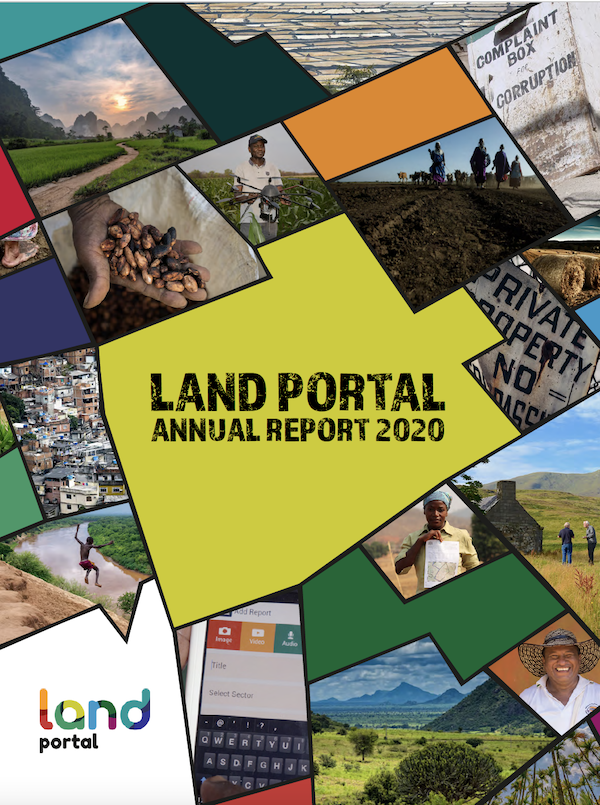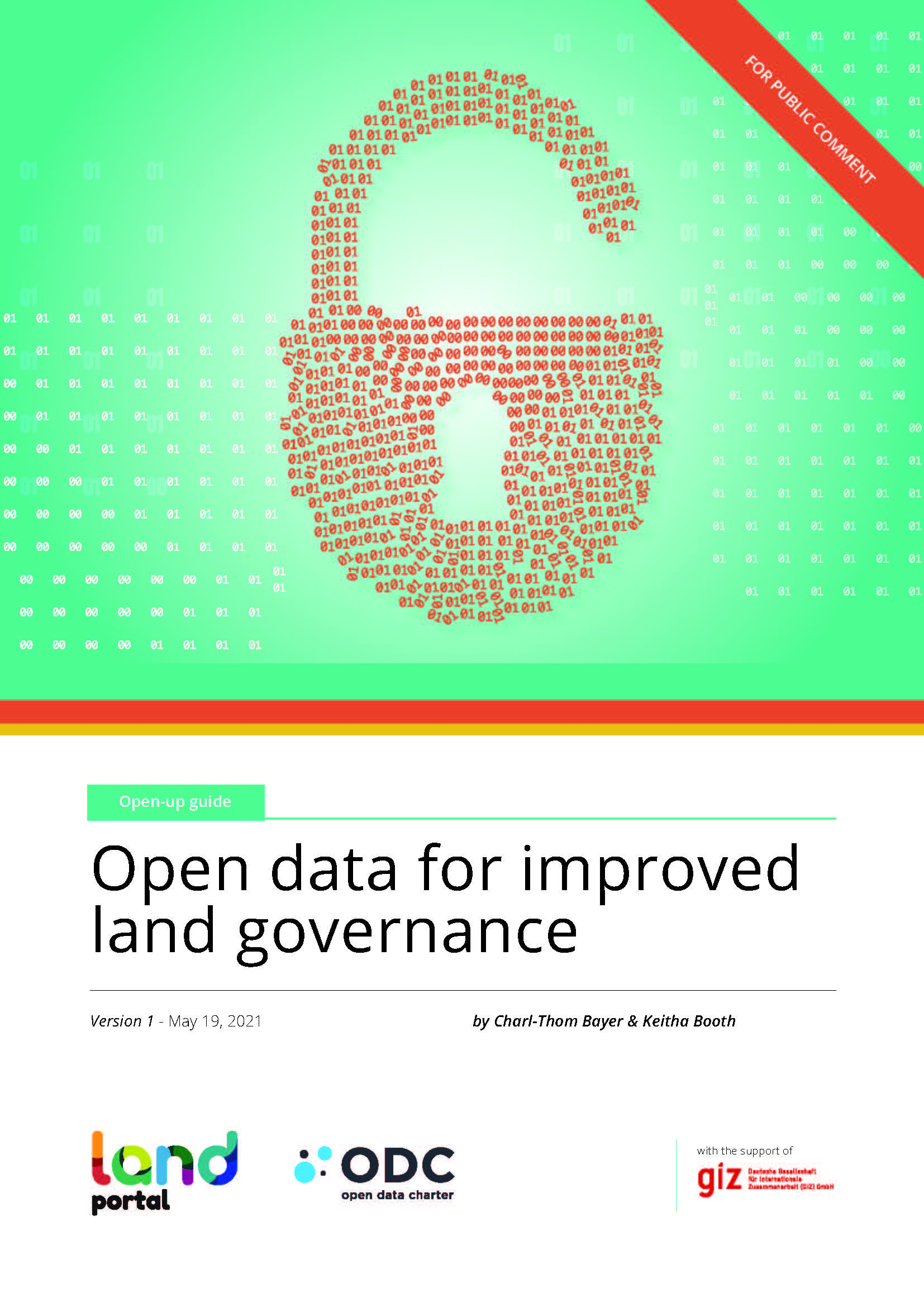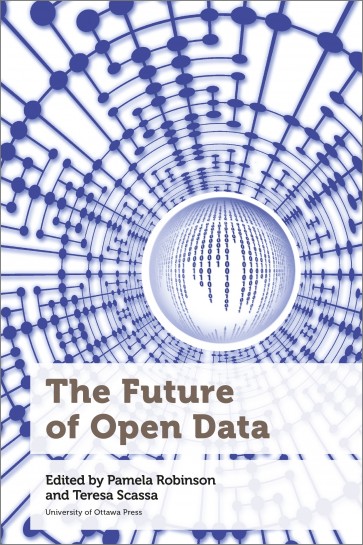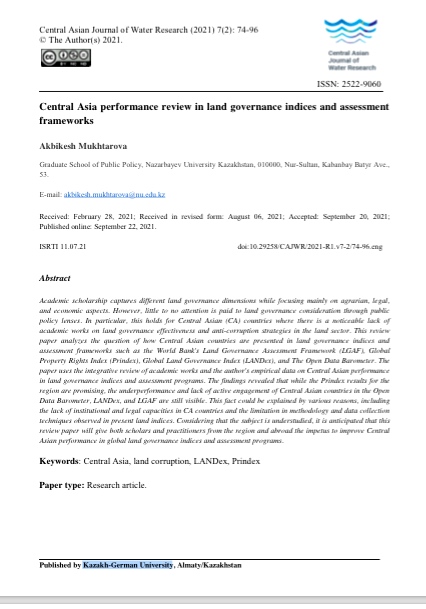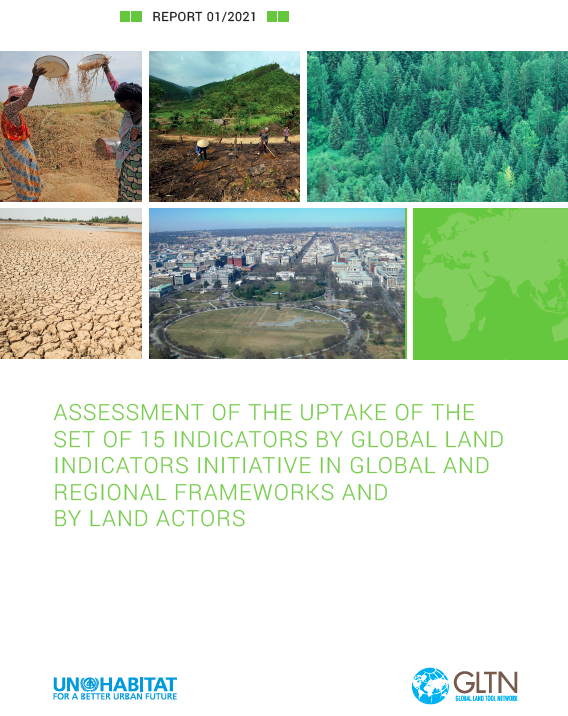Land Portal Annual Report 2020
Long-term, sustainable and responsible ways to access and share data are fundamental to all efforts to support sustainable development and particularly salient to improving land governance and securing land rights for landless and vulnerable people. The COVID-19 pandemic has unequivocally demonstrated that the need for land rights has never been greater, as governments have shut down land administration systems and rolled back regulations protecting vulnerable communities.

